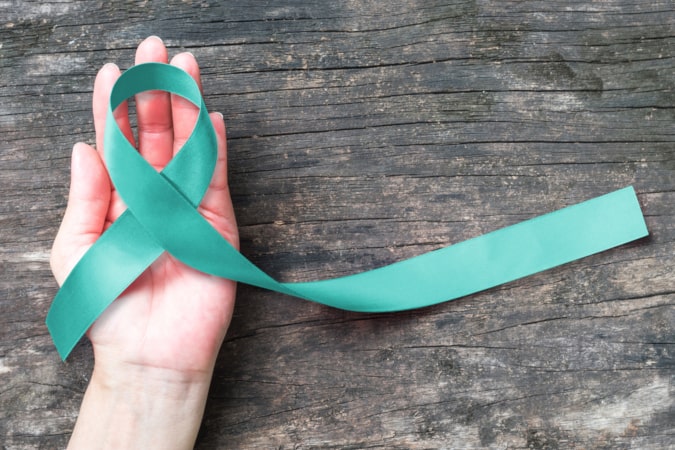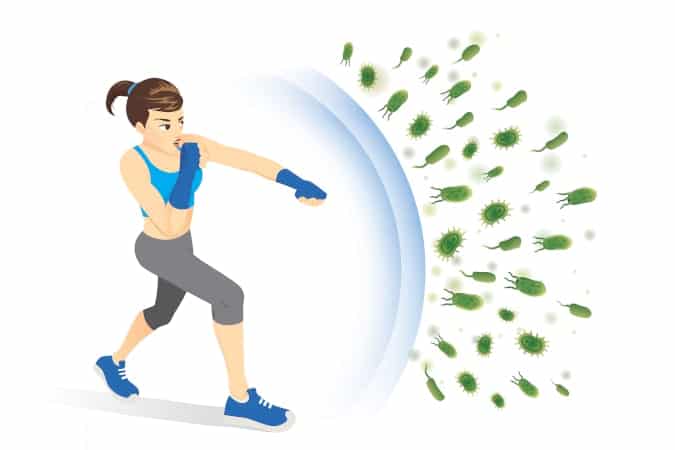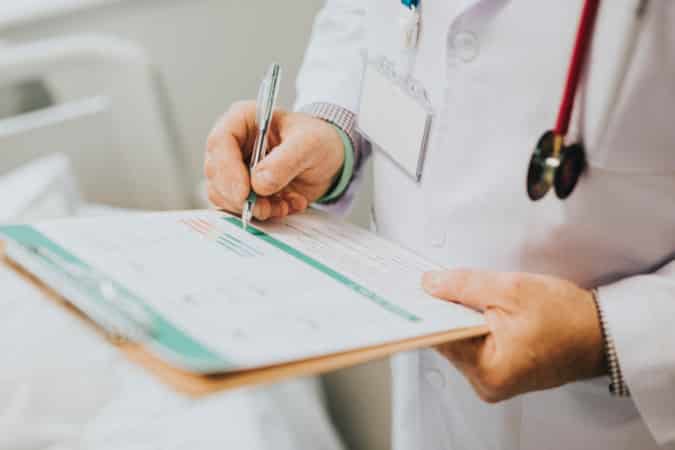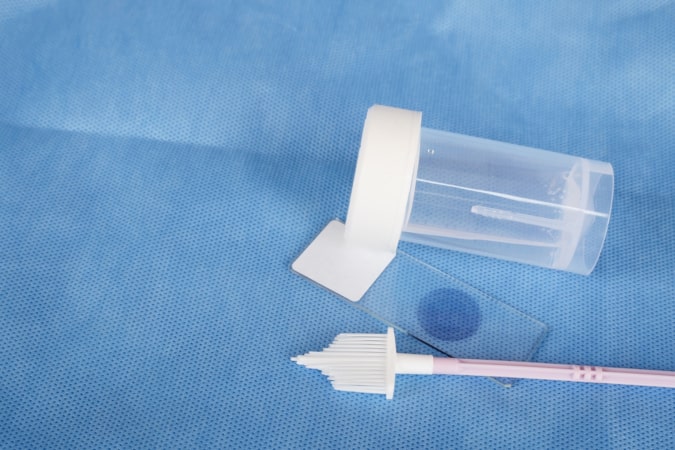HPV is on the rise, and with that, complications from HPV can arise.
These complications can be anything from common warts on the back of your hand to painful and invasive genital warts to even cervical cancer.
For these reasons, the HPV vaccine is not only preferable for young women to receive, but can also be a literal lifesaver.
Cervical Cancer
Cervical cancer is the most common high-risk complication of HPV. It is the fourth most frequently diagnosed cancer in women, with over 570,000 new cases in 2018, as stated by the World Health Organization.
The HPV vaccine was created as a preventative measure against high and low risk HPV strains, primarily with the aim to protect women against cervical cancer.
HPV is the main precursor for cervical cancer. If abnormal cells are detected in your cervix in a pap smear test, all stemming from the presence of human papillomavirus (HPV).
Learn all about the vaccinations available for HPV below, to help make an informed decision for you and your loved ones.

Human Papillomavirus
So, what is Human Papillomavirus?
HPV is one of the most common human viruses in the world, being the most prevalent sexually transmitted infection in the United States, although it is, in fact, spread through skin-to-skin contact.
HPV affects millions of men and women every year. The Center for Disease Control and Prevention estimates that most sexually active adults will get HPV at some point in their lifetime.
How does HPV become Cervical Cancer?
Not all HPV infections will cause cancer.
In fact, only a few out of the 100+ strains of HPV known to cause cancer. Most of the time, with a robust immune system, your body is able to clear these infections without any symptoms.

When your immune system is weakened, or when your body is invaded by a strong strain of HPV, cell proliferation can occur. This is the growth of abnormal cervical cells, which can lead to cervical intraepithelial neoplasia (CIN).
CIN is graded dependent on the degree of cell abnormality, from CIN 1 to CIN 3. CIN 2 and 3 are considered to pose a high risk of developing into cancer.
Where does the vaccine fit in?
HPV vaccination would have had to occur prior to infection.
Taking the vaccination after having already contracted HPV would have no effect. This is because vaccines work by exposing the immune system to harmful pathogens, such as HPV, in a small, non-harmful dosage to prepare the body for the potential onset of the infection if it arrives.
By doing this, if fully fledged HPV is picked up later on in life, the immune response triggered will be far more immediate as the body recognises the virus in the body straight away.
HPV Vaccine Recommendations
The Centers for Disease Control and Prevention recommends the HPV vaccine for routine vaccination at age 11 or 12 years. The vaccine may be started as early as age nine.
Females aged 13 to 26 and males aged 13 to 21 are recommended to receive the vaccine. The vaccine is only recommended past the age of 26 for gay, bisexual, transgender, and those who have chronically weakened immune systems.

Gardasil is the most commonly used vaccination, protecting against the two strains of HPV that cause genital warts, and the two strains that are the most high-risk HPV strains, commonly known to cause cancer, such as cervical cancer.
Two doses of the vaccine should be given, the second being 6 to 12 months after the first. If less than 6 months apart,the recipient is of a weakened immune system or is past the age of 15, three doses are required to ensure the vaccination is effective.
It is important to keep in mind that the vaccination does not protect you against all HPV strains, just the most high-risk, so routine screening is still recommended.
There are multiple HPV vaccinations available that are FDA approved to prevent diseases caused by HPV. There are now school-based HPV vaccination programs offered to girls and boys around grades 7 and 8, prior to the onset of sexual activity to optimize prevention strategies.
At this age is the best time to deliver the vaccination as they tend to be more effective in younger immune systems.
Side Effects
Side effects with the HPV vaccine are common, as with all vaccinations. Following the vaccine, side effects may include:
- Injection site irritations such as pain, redness, or swelling
- Fever
- Systemic reactions such as nausea, muscle pain, malaise, and dizziness
- Fainting
The vaccination is quite safe, different types of the vaccine having been studied in almost 75,000 individuals.
These side effects are not commonly experienced, and for most people, it is definitely worth the risk to receive the vaccine than forgo it because of potential mild and temporary side effects.






